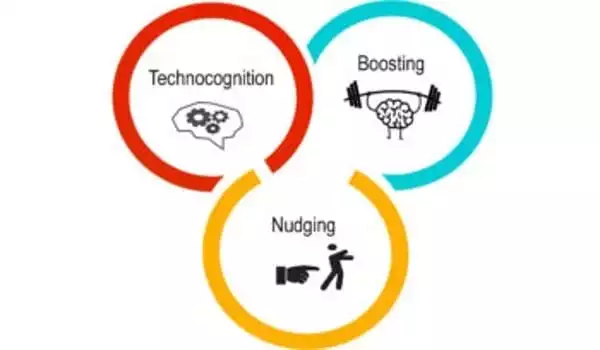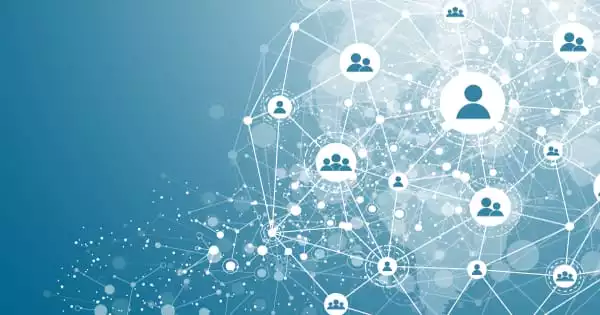The Internet has evolved into a pervasive and necessary digital ecosystem in which people communicate, seek information, and make decisions. Despite their numerous advantages, online environments are also rife with intelligent, highly adaptive decision architectures designed solely to optimize business interests, grab and sustain user attention, monetize user data, and forecast and affect future behavior.
Internet access is critical for economic development, education, global communications, and a variety of other purposes. Despite its many advantages, the Internet has a bad side. It has arisen as a vehicle for disseminating misinformation, inciting conflict, and propagating extremist beliefs. But there is still hope.
Researchers propose that psychology and behavioral sciences be used to assist reduce the detrimental repercussions of Internet use. These guidelines place a premium on assisting people in gaining better control over their digital environments.
Internet access is critical for economic development, education, global communications, and a variety of other purposes. Despite its many advantages, the Internet has a bad side. It has arisen as a vehicle for disseminating misinformation, inciting conflict, and propagating extremist beliefs. But there is still hope.
Psychological science can serve to guide policy actions in the digital environment. It is critical that psychological and behavioral sciences be used to ensure that users are not deceived for financial advantage and that they are equipped to detect and resist manipulation.
Anastasia Kozyreva
A group of scholars recommends methods that psychological and behavioral sciences might assist reduce the harmful repercussions of Internet use in the most recent edition of Psychological Science in the Public Interest. These guidelines place a premium on assisting people in gaining better control over their digital environments.
“Psychological science can serve to guide policy actions in the digital environment,” said Anastasia Kozyreva, author of the report and researcher at the Max Planck Institute for Human Development’s Center for Adaptive Rationality. “It is critical that psychological and behavioral sciences be used to ensure that users are not deceived for financial advantage and that they are equipped to detect and resist manipulation.”
Psychological and cognitive sciences, in particular, can supplement interventions by other fields, such as law and ethics, which develop guidelines and regulations; education, which can provide curricula for digital information literacy; and technology, which can provide automated detection of harmful materials and assist in the implementation of more ethically designed online choice architectures.

Although there is no silver bullet that can address all of the world’s issues, Kozyreva and her colleagues describe three techniques to assist lessen the negative impacts. The first is to create Internet infrastructures that “nudge” people’s behavior toward more favorable outcomes, such as systems with privacy-protecting default settings. The second approach is to rely more on “technocognition,” which refers to technology solutions inspired by psychological principles, such as making it more difficult to share offensive content online.
The last option is to strengthen people’s cognitive and motivational competencies through “boosts,” which are tactics that increase people’s agency in digital environments while also enhancing reasoning and resilience to manipulation. Preventively immunizing users against the most prevalent manipulative methods and offering simple principles for digital literacy are two examples of a boost.
“These cognitive tools are intended to support the civility of online dialogue while also protecting reason and human autonomy from manipulative choice architectures, attention-grabbing strategies, and the dissemination of misleading information,” Kozyreva explained.
However, authorities should consider enacting tougher regulatory measures to ensure that Internet users retain control over the digital environment and their personal data, such as through default privacy settings. Last but not least, the intelligent and self-directed use of digital technologies must be taught in both school and adult education. The sooner, the better.
The researchers caution that none of the proposed strategies can counteract internet manipulation or halt the spread of disinformation on their own. “To make the online world a more democratic and truthful place, it will take a combination of smart cognitive tools, early media literacy education, and a regulatory framework that limits the power of commercial interests to hijack people’s attention,” says Stephan Lewandowsky, professor of cognitive psychology at the University of Bristol.





